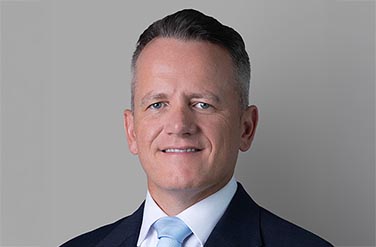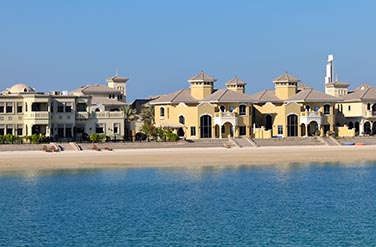According to Coworker, which is an online marketplace listing co-working spaces around the world, the UAE stands at a total of 176 [co-working] spaces.
Construction Week spoke to Pratyusha Gurrapu, Head of Research and Advisory at Cushman & Wakefield Core to get more insights about Dubai’s co-working spaces. She said: “Currently, only 1.5% of the total Dubai office stock, which is less than 1.5 million, is under the flex-space category.”
Stating that this percentage share of flex or co-working space is “considerably lower” than other global markets due to a range of factors, she explained: “Due to lower new market entrant demand and oversupply issues in the recent past, leasing a conventional office space was more cost-effective for incumbent tenants in addition to having a variety of options to choose from.”
She continued: “During the pandemic, the flex-space market saw consolidation and market segmentation with major global co-working brands witnessing occupancy levels increase. Meanwhile, the smaller local flex-space players are relatively struggling and competing with smaller conventional office spaces.”
According to Gurrapu, some of the most prominent freezones have been managing their own flex-space offerings which are linked to their business licenses and visas, offering new entrants a quicker operational set-up.
Commenting on the cost implications of conventional office spaces versus flex-space markets, Gurrapu said: “Every large single-owned office project should have a co-working component to support occupancy levels and retain clients within the same premises while offering occupiers flexibility to expand. While conventional offices and co-working spaces have similar concepts and designs, the fit-out costs are 10-30% higher for co-working spaces because of higher specification and finishes along with flexible design layouts catering to expansions and contractions in occupancy.”
“Furthermore, the flex-space needs to have the technology and operational expertise to cater to a variety of business needs under single management, for example, the varied IT and data security needs, reception services, and other value-added services for multiple occupiers add to the operational costs.”
Despite an insignificant current standing of Dubai’s co-working market, Gurrapu anticipated the co-working office demand to see a “sustained rise”.
“As conventional office rents slowly increase and along with a sharp rise in first phase expansions, demand for co-working spaces is expected to increase as they offer lower operational costs, value-added services, and higher flexibility,” she concluded.




